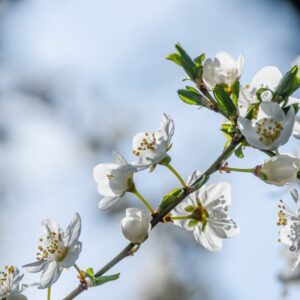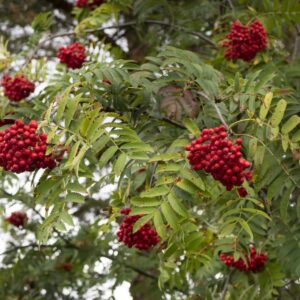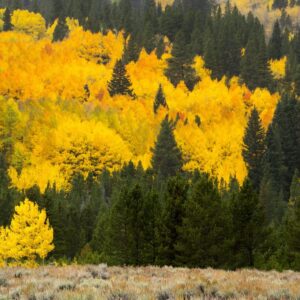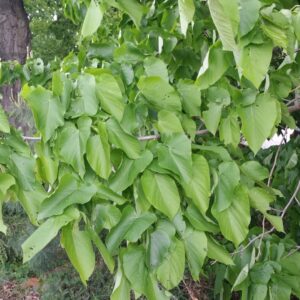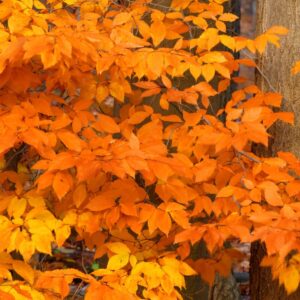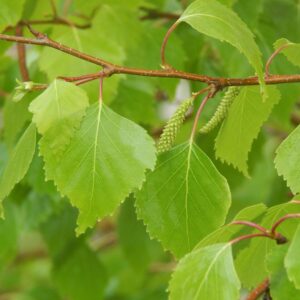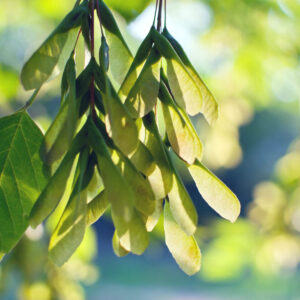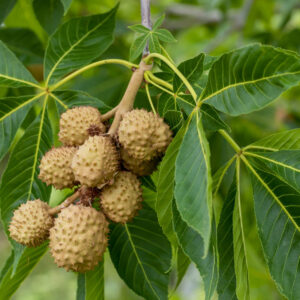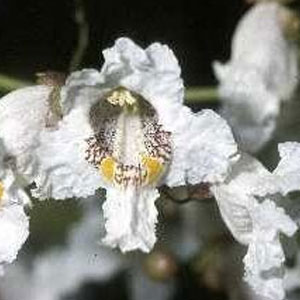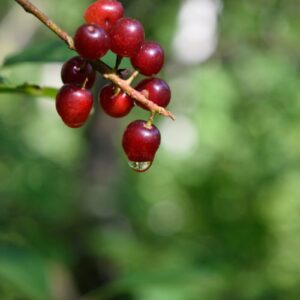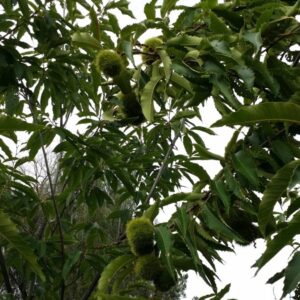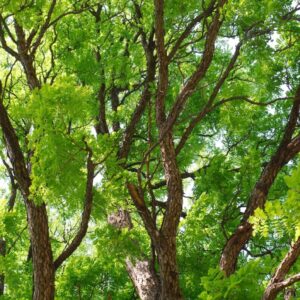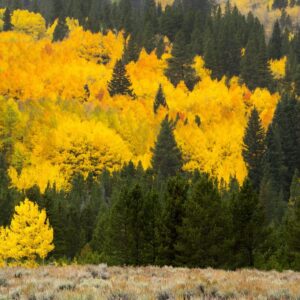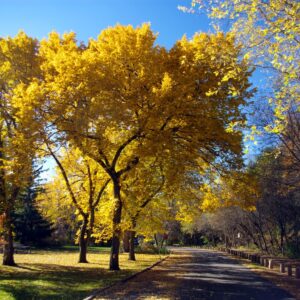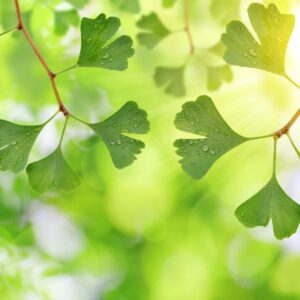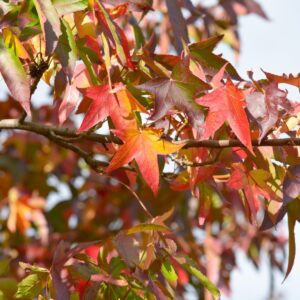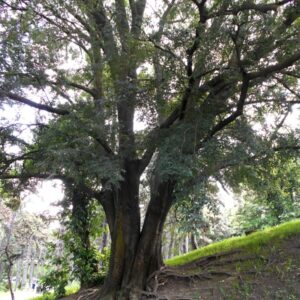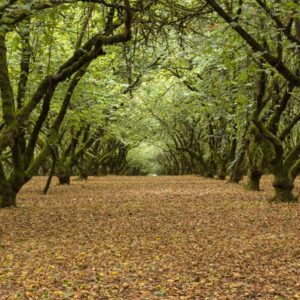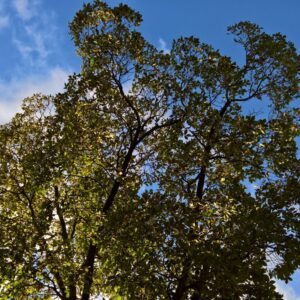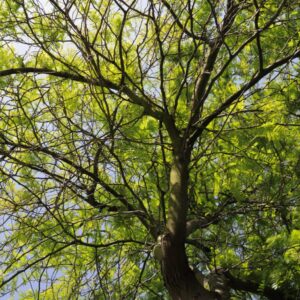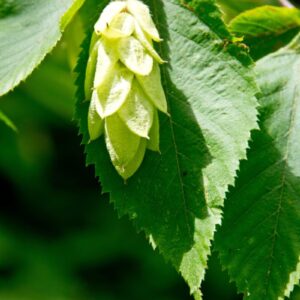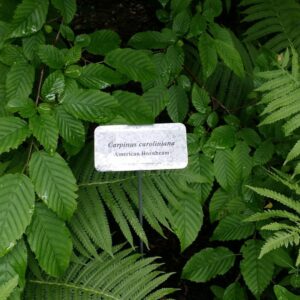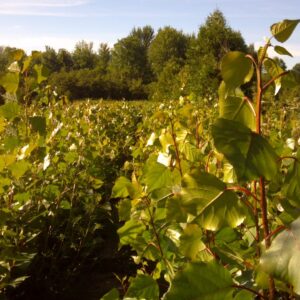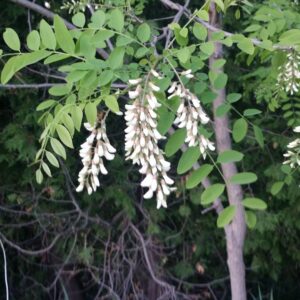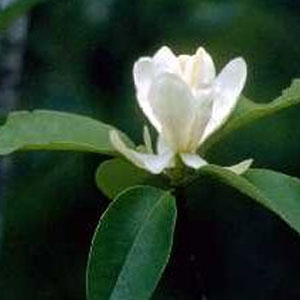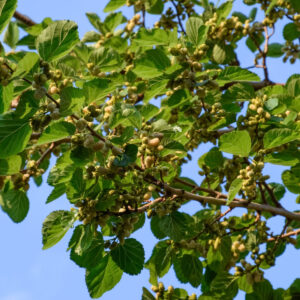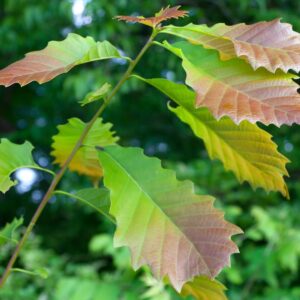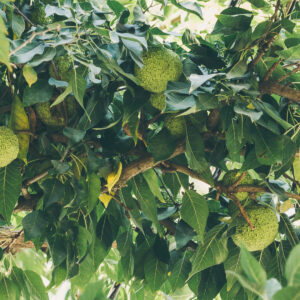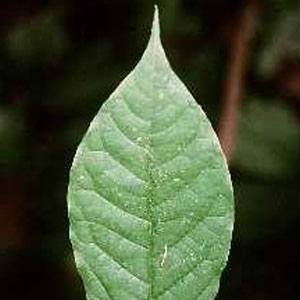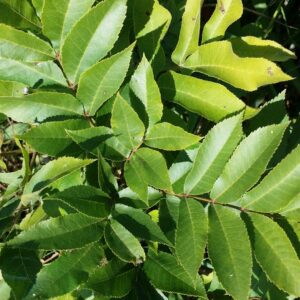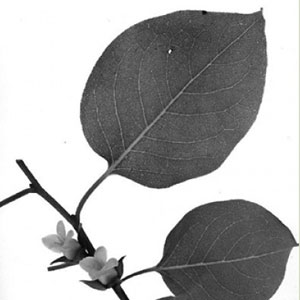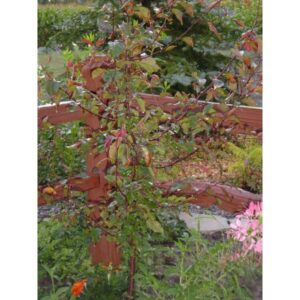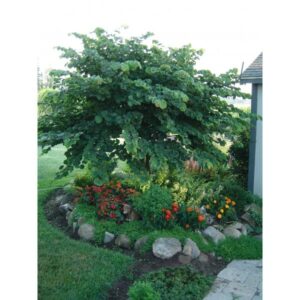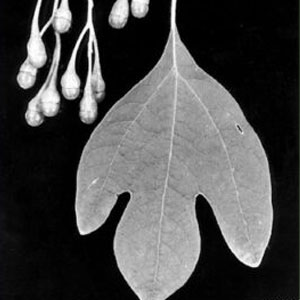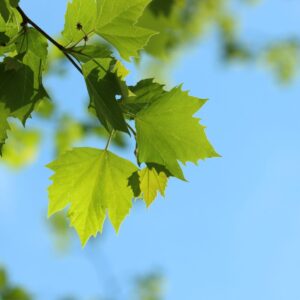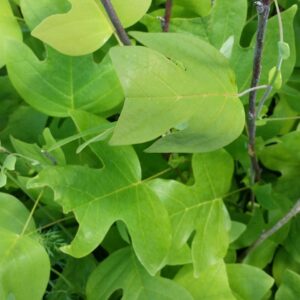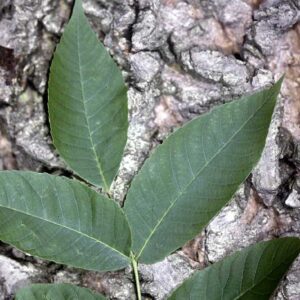-

Apricot
-

Ash for Sale
-

Aspen
-

Basswood
-

Beech
-

Birch
-

Boxelder
-

Buckeye
-

Catalpa
-

Cherry
-

Chestnut
-

Coffeetree
-

Cottonwood
-

Elm
-

Ginkgo
-

Gum
-

Hackberry
-

Hazelnut
-

Hickory
-

Honeylocust
-

Hophornbeam
-

Hornbeam (Ironwood)
-

Hybrid Poplar
-

Locust
-

Magnolia
-

Maple
-

Mulberry
-

Oak
-

Osage Orange
-

Pawpaw
-

Pecan
-

Persimmon
-

Plum
-

Redbud
-

Sassafras
-

Sycamore
-

Tuliptree
-

Walnut
-

Willow
Wholesale Deciduous Trees in Michigan
Based in Free Soil, Michigan, Cold Stream Farm is a retail and wholesale supplier of a wide variety of deciduous trees. Our bare root seedlings and deciduous transplants are available in many different life stages and sizes, with supplies typically highest throughout the spring season.
We ship deciduous trees throughout the United States with both imported and native American varieties available. Although we do not offer consultations, our wholesale deciduous trees can be purchased directly through our online store with members of our team available for questions and assistance on all orders.
About Our Wholesale Deciduous Trees
For over forty years, the Cold Stream Farm team has supplied a variety of deciduous trees of varying size and plant maturity. While the actual stock may vary throughout the year, we proudly carry a large number of deciduous tree species, including:
- Apricot
- Ash
- Aspen
- Basswood
- Beech
- Birch
- Catalpa
- Cherry
- Chestnut
- Coffeetree
- Cottonwood
- Elm
- Ginkgo
- Gum
- Hackberry
- Hazelnut
- Hickory
- Honey locust
- Hophornbeam
- Hornbeam (Ironwood)
- Hybrid Poplar
- Locust
- Maple
- Mulberry
- Oak
- Osage Orange
- Pawpaw
- Pecan
- Persimmon
- Plum
- Redbud
- Sassafras
- Sycamore
- Tulip tree
- Walnut
- And Willow
What makes a tree deciduous?
The word deciduous is a horticultural and botany term that loosely translates to “falling off.” Deciduous trees and shrubs typically bear leaves that “fall off” in the autumn once they have matured to their full size for the season. In addition to the leaves, deciduous trees also have a few other components that “fall off,” such as flowers and fruits.
To put it into perspective, the antonym or opposite of a deciduous tree would be an evergreen tree, in which the plant retains its leaves or needles throughout the entire year. The term “deciduous” can also be used to describe many other things that fall off in nature other than trees, such as deer antlers, baby teeth, and other by-products of natural processes.
Why plant a deciduous tree?
There are many different reasons to plant deciduous trees, ranging from ornamental to functional instances. Like all plants, deciduous trees can be used to improve the air quality of an area while adding colors and shape to an outdoor space. They can be adapted to a wide variety of soil, sunlight, and climate conditions, based on the species that you choose to plant.
In comparison to evergreen trees, deciduous trees tend to display a wider variety of colors throughout the year. The leaves of most deciduous trees will change colors in the fall, while fruits and flowers help beautify the branches in the spring and summer. The lack of leaves in the winter also helps deciduous trees cut down on water use and susceptibility to infestations from insects.
Uses for Deciduous Trees
Functionally, deciduous trees can be used for many different purposes. Hearty, drought-tolerant deciduous trees are often used to mitigate erosion and repair local soil and environmental conditions. For wetlands and dry areas alike, there is likely a deciduous tree that can be planted to improve the vegetation and attract birds, mammals, and other wildlife.
At home, deciduous trees are great for both functional and ornamental uses. Placed next to a building, a large deciduous tree can provide shade and shelter in the heat of summer, while shedding its leaves to allow for warm temperatures to reach the home by winter. With colorful leaves, fruit, and flowers, deciduous trees may also be great for creating colorful windbreaks, hedges, and more.
Common Issues with Growing Deciduous Trees
While not always true across the board, deciduous trees tend to require more maintenance than their evergreen counterparts. Diseases may be sprung up by infections or infestations from insects, fungi, or unfavorable soil conditions. Proper monitoring is required for most young deciduous trees, checking the branches each season for signs of rotting or leaf spotting.
Applications for Deciduous Plant Parts
Many hardwood deciduous trees have thick trunks and branches that can be used as firewood, in woodworking, and a variety of other purposes. Commercially, deciduous trees have been used as lumber for centuries to create furniture, homes, and more.
Many deciduous trees (such as persimmons, plums, cherries, and more) also bear edible fruit that can be eaten raw or cooked and added to other foods. Of course, deciduous fruits are also very popular among grazing animals, so competition for tasty fruits may be high during the ripening season.
Lastly, the attractive flowers of some deciduous trees can be cut and used in arrangements for weddings, funerals, and other instances. Their aromatic nature may also land certain deciduous flowers and other tree parts in potpourris, perfumes, and other products.
Purchase wholesale deciduous trees from Cold Stream Farm.
To get started with your order instantly, feel free to check out the current availability of deciduous trees in our online store. Cold Stream Farm offers shipments at no minimum quantity for retail and wholesale deciduous trees, all across the United States. Please contact us today if you have any questions about past, present, or future deciduous tree orders.

